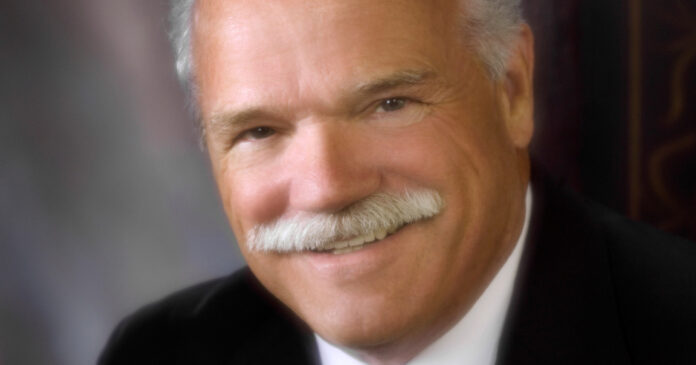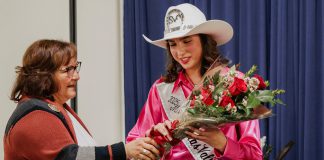I’m sure you remember that my bride and I invited her mother to come live with us. It was a very fortunate gesture on our part, as she has brightened up our days and stimulated the conversation. I love to tell her how difficult my childhood was and she has a better story about how it was in Switzerland after the Second World War. I think her descriptions are a little more colorful than mine. I have read a couple of books about Europe and the gruesome aftereffects of a world war. The innovative mind of the Swiss people to secure ample foodstuffs has been very informative for me.
Another bright moment in our relationship is that we are both readers. We both love books, the newspapers and The Reader’s Digest. Nelda is so sweet about who gets to read the issue first. I always read it from cover to cover the same day it arrives in our mailbox, so she insists that I read it first. The reason I’m telling you about this is because in addition to all the humor in that periodical, there are some really cool ideas printed for our pleasure.
This month there was an article that I found fascinating. It was titled, “Work Out Your Worries By Writing.” It was all about how you can eliminate your worries by writing short descriptions about them. The lady that wrote the article said you don’t have to write a book the first time you sit down to write, just a few lines each day would be sufficient. This was very interesting to me because a long time ago that is exactly what I did.
My mom had passed and I was in a dark place. I didn’t know what to do, although I had always played around with writing about my life and the lives of my brothers. It just didn’t seem as if I would ever be able to write about her and the very difficult life she had led; losing everyone in her family except her dad when she was 9 and the roads they traveled together to get their heads straight.
But one day I just sat down at my computer and started writing about what I knew of her life and struggles. I thought about the travails she had put up with as she grew into a woman. The words were all about her loss and the struggle to grow into womanhood with no direction from another female. Then how proud she was of her family and how she had another struggle, as my dad was known to have a few drinks too many in his life and how that impacted her life.
I didn’t call any other members of my family because I wanted the article I was writing to be my memories. In the article in Reader’s Digest, it said that if you let your mind wander into your past that you may find hidden emotions. I can remember writing that article and finding tears running down my face. After I figured out an ending to the article, I found that it was like a weight had been lifted from my shoulders.
The author of the article in the Reader’s Digest called it “expressive writing.” It was designed to help you rid yourself of any trauma that might be actually making you sick. I found that this actually helped me in putting to print the feelings that I had harbored about losing my mom and then my older brother. I had not done it on purpose, but I had reached far back in my memory and brought forth things that had happened when I was a young boy. The funny thing was that the author asked that you write with a pen and paper, so you would write slower and therefore remember some of your deep-seated memories.
I used that method to exorcise the memory of one of my platoon leaders in Vietnam. I had felt that because I was his commanding officer, I couldn’t rid myself of the guilt that I had anything to do with his stepping on the booby trap that took off both of his legs. I had told him to take his platoon and check out this trail that led to where we would occasionally receive mortar fire. He was a fine young man and saddled up to check the area I had indicated. Then sure enough, he stepped on a booby trap. I took off with a few other men to where he was stuck and called for a med evac.
I helped pick him up and place him in the stretcher that was dropped down to us by the helicopter. After we had placed our medical patch on his stumps, we tied him in and signaled for the chopper to take him up. Our company medic waved to the man holding the line away from getting tangled on the skid of the chopper and pointed to the remains of his legs on the ground. I picked them up and placed them on the stretcher as the medic yelled in my ear, “If he doesn’t make it, they will need something to bury.” I was so overcome with emotion, I staggered a little.
The lieutenant did not die, we found out about two months later. He had written me to tell me how wonderfully he had been treated and that he had already been measured for his new legs. He wanted his platoon to know how much he loved them for what they had done and wanted me to know that he wasn’t blaming anyone. I write about that day more than I probably should, but each time I do I find myself holding my head up a little higher.
We wrote to each other a couple of times and then, like everything that has to do with war, we lost touch. I did write to him right after we heard from him and told him that his attitude has lifted the great grey cloud that had been my companion for so many months.
If you find that you have a memory that does not give peace to you, it may be that writing about it could help you. I know that it helps me. God Bless.














